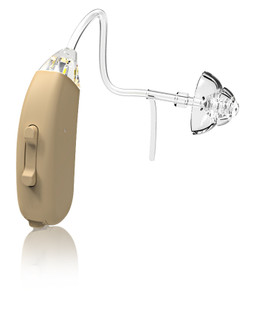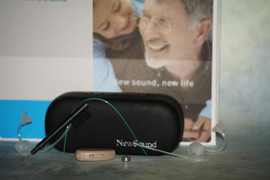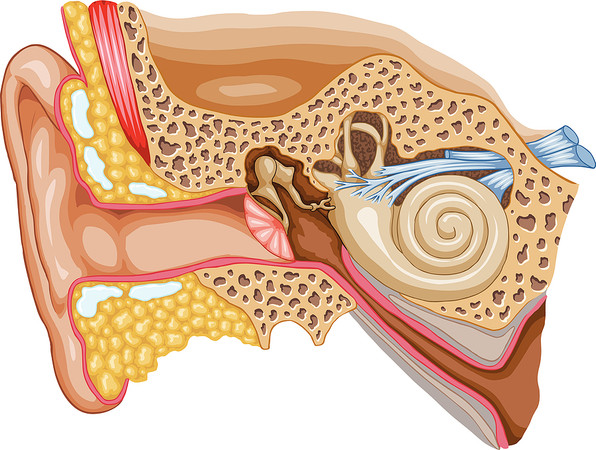Understanding the Cochlea's Role in Hearing
Posted by DR Paul on Feb 08, 2024
Hearing loss is a prevalent condition that affects millions of people worldwide. It can be caused by several factors, including age, genetics, exposure to loud noises, and infections. The cochlea, which is located in the inner ear, plays a crucial role in hearing. It contains sensory cells responsible for converting sound waves into electrical signals that are transmitted to the brain. In this blog post, we will provide an overview of how the cochlea encodes auditory input and its importance in overall hearing health.
The cochlea is a spiral-shaped structure that contains three fluid-filled chambers separated by two membranes. The first membrane, called the oval window, vibrates when sound waves enter the ear canal. This vibration causes fluid inside the cochlea to move and stimulates hair cells located on the second membrane, known as the basilar membrane.
The hair cells are responsible for encoding auditory input into electrical signals that are sent to the brain via the auditory nerve. Each hair cell responds to specific frequencies of sound based on its location along the basilar membrane. High-frequency sounds cause vibrations near the base of the membrane, while low-frequency sounds cause vibrations near its apex.
The information encoded by hair cells is then processed by various structures in the brain responsible for interpreting sound and giving it meaning. This process allows us to differentiate between different sounds such as speech or music and locate where they come from.
The importance of a healthy cochlea cannot be overstated when it comes to hearing health. Damage to hair cells due to age or noise exposure can result in permanent hearing loss or tinnitus (ringing in the ears). Several factors can affect cochlear health, including smoking, high blood pressure, and certain medications.
Fortunately, there are ways to protect your cochlea and preserve your hearing health. Using earplugs or earmuffs when exposed to loud noises can prevent damage to hair cells. Avoiding smoking and managing health conditions that can affect cochlear health is also recommended.
Conclusion:
Understanding the role of the cochlea in hearing is crucial for hearing aid buyers. The cochlea plays a vital part in the process of encoding auditory input, and any damage to its hair cells can result in permanent hearing loss or tinnitus. Protecting your cochlea by avoiding loud noises, smoking, and managing health conditions can help preserve your hearing health. If you suspect you have a hearing loss, it is essential to seek professional help from an audiologist who can assess your condition and recommend appropriate treatment options such as hearing aids.










